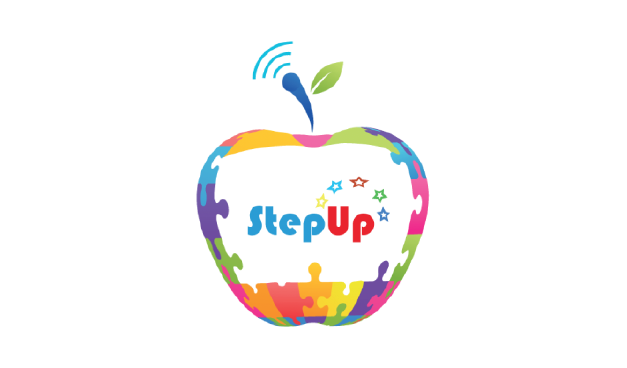Get Full Access to Lumos StepUp - PARCC Online Practice and Assessments - Grade 8 English Language and Arts
Currently, you have limited access to Lumos StepUp - PARCC Online Practice and Assessments - Grade 8 English Language and Arts. The Full Program includes,
Buy Practice Resources
 Online Program
Online Program
Marathon
Training for a marathon takes hard work and perseverance. It is not something you can do on the spur of the moment. Preparing for a marathon takes months, particularly if you have never run a marathon before. The official distance of a full marathon is 26.2 miles. In 2005, the average time to complete a marathon in the United States was 4 hours 32 minutes 8 seconds for men and 5 hours 6 minutes 8 seconds for women.
Most people who run marathons are not trying to win. Many runners try to beat their own best time. Some compare their time to other runners in the same gender and age group. Some people set time-oriented goals, such as finishing under four hours, while others try to complete the race without slowing to a walk. Many beginners simply hope to finish the marathon.
Trainers recommend that beginners maintain a consistent running schedule for six weeks prior to even starting a marathon training program. The purpose of this is to allow the body to adapt to the various physical demands of long distance running. First-time marathon runners should train by running four days a week for at least four months, increasing distance by no more than ten percent weekly. As race day approaches, runners should taper their runs, reducing the strain on their bodies and resting before the marathon. It is important not to over exert yourself during training because that can lead to a lot of injuries. Most common injuries are spraining of the knees and ankles. These sprains can hinder the training.
Before the race, it is important to stretch in order to keep muscles limber. Staying hydrated is also important, but there is a danger in drinking too much water. If a runner drinks too much water, they may experience a dangerous condition called hyponatremia, a drop of sodium levels in the blood. So only drink water when you are thirsty. During the race, trainers recommend maintaining a steady pace. It is normal to feel sore after a marathon. Light exercise will help sore muscles heal faster.
Some people run marathons in pairs or groups. Training for and running a marathon with another person or group of people can make the experience more enjoyable and more rewarding. A running partner might be just the motivation you need to show up for an early morning run instead of rolling over to hit the snooze button. And, when you cross the finish line together, you can share the satisfaction of reaching your common goal.
Usually thousands of people sign up and run a marathon. Most people finish the race. The thrill of running a marathon for the first time is unbelievable. The training sessions are harder if you have never run before. But it is unbelievable what ones’ body can do when one puts his/her mind to it. Having a good coach to support you makes all the difference in training for a marathon.
The daily runs are very important. Strength training and core training are also very important.




